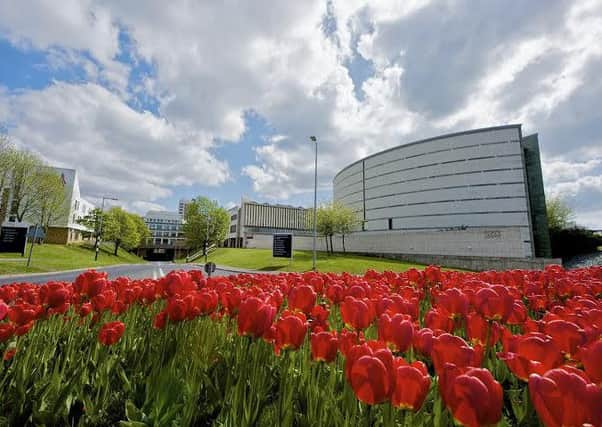University students recovering after taking Spice drug


Police were called at about 6.30pm on Wednesday, May 20 following reports the students, all men aged 19, had suffered adverse effects after taking the substance, which appears to have been a synthetic cannabis substitute.
Three of the men were discharged from the Royal Lancaster Infirmary and two remain in hospital for observations but their condition is stable.
Advertisement
Hide AdAdvertisement
Hide AdWhile full forensic tests will now be carried out to try to establish exactly what the substance was, at this stage police cannot confirm whether any criminal offences have been committed.
Many chemicals found in synthetic cannabinoids are illegal and there is no way to know what these drugs contain when purchased, or how dangerous they can be.
Supt Peter Lawson said: “All our enquiries lead us to believe that this was an isolated incident confined to these five individuals and that no others are involved or have been affected.
“Thankfully these young men do not appear to have suffered any long-lasting effects but they were very ill and the outcome could have been very different. Our advice on new psychoactive substance remains that people should not take them as they will simply have no idea what they could contain.”
Advertisement
Hide AdAdvertisement
Hide AdLancaster University issued a warning about Spice, a former legal high reclassified as Class B in 2009, after the five needed treatment.
Vicky Tyrrell, a spokeswoman for the university, told the Guardian police called university authorities to tell them that the students had been taken to the Royal Lancaster Hospital.
“We’ve got five students who have been taken to hospital with a suspicion that they had taken the drug,” Ms Tyrell said. “Of the five, we know that two of them are seriously ill.”
Spice is a synthetic cannabinoid which contains the same active chemical tetrahydrocannabinol (THC), possibly leading to paranoia or a change in mood.
For further information or advice about new psychoactive substances, including ‘legal highs’, please visit www.talktofrank.co.uk.